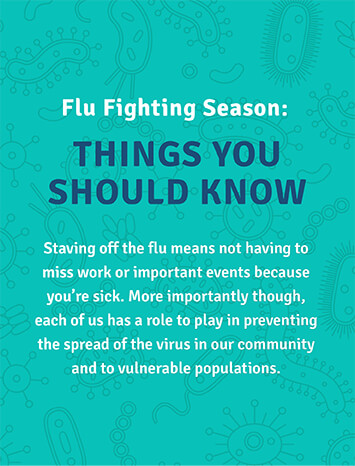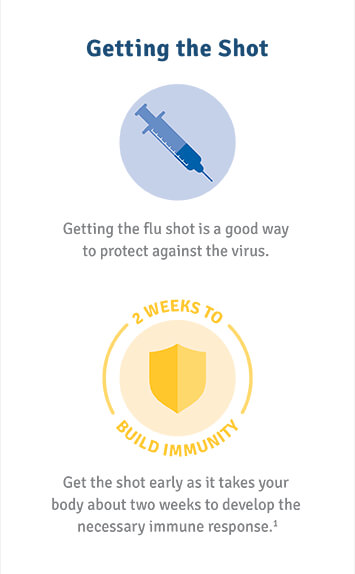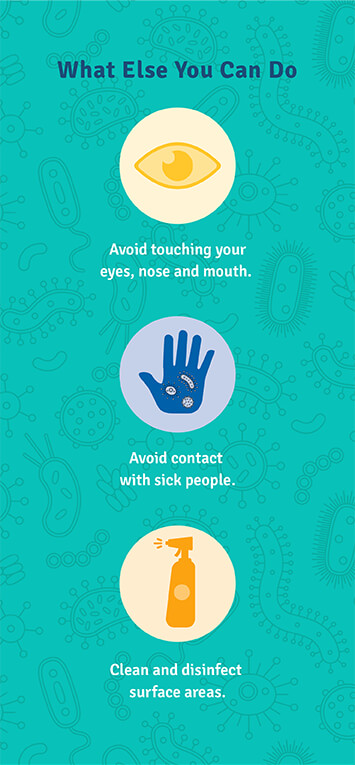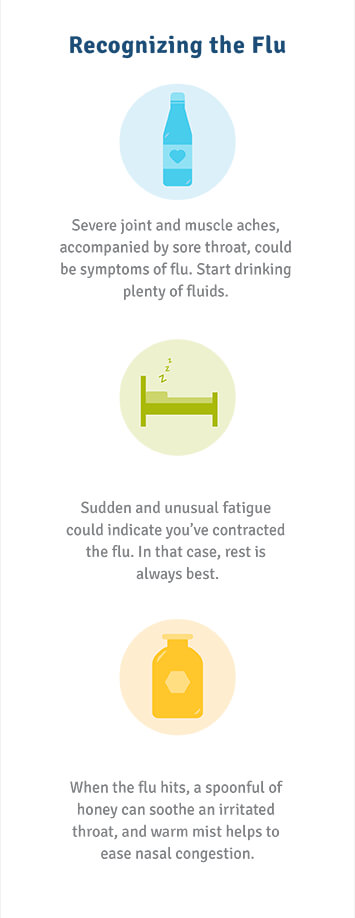Appointing a legal guardian for your children can offer some reassurance if something unexpected were to happen to you. Taking the time to research and thoroughly plan for this decision is important; this person should be someone you trust unequivocally, and someone you believe will raise your child with the same values and lifestyle that you would provide. In addition to drafting a will that names your chosen guardian, a life insurance policy may provide a financial cushion for your child, and a living trust is another option to help safeguard their future.
As you investigate the process of designating a legal guardian, here are the most important things to consider.
Choosing a Guardian
The primary issue to consider with legal guardianship is who will act as guardian.
Sounding out family members and friends can give you an idea of whom in your inner circle may be willing and able to accept a guardianship role if necessary. If you have more than one person you are considering and has expressed interest, these questions can be helpful in making a decision on guardianship:
- Is this person someone whom you trust?
- Does your child (or children) trust this person, and do they have a close relationship with them?
- Is this person equipped mentally, emotionally and financially to handle the responsibility of raising a child full time?
- Are they committed to continuing to raise the child the way you and your child are most comfortable with? For example, would the child be able to go to the same school, attend the same church, take part in the same activities, and be able to maintain their circle of friends?
- Where would the child live? Would the legal guardian move into your home or would the child move into theirs?
- Ultimately, who would be best for your child?
If you have two people who would be a great fit and want to be assigned guardianship, you might give them the choice of being a primary guardian or a successor guardian. The successor guardian can take over if the primary guardian isn’t able to continue caring for your child.
How Will My Child Be Supported Financially?
Planning with a guardian in mind is generally focused on providing the financial means to cover the expenses associated with raising children. Ask yourself:
- What assets or resources do you have in place to pay for the child’s care? (This might include bank accounts, trust accounts, life insurance benefits, custodial accounts, an RESP or an RRSP.)
- Who would have control over these assets? Would you want the legal guardian to have direct access to the money or would you rather have someone else in charge of financial decisions, such as your lawyer or financial advisor?
- How do you want those assets to be used for your child’s care? For example, should a set amount be put aside to help with post-secondary costs?
- How much will the legal guardian need to pay for your child’s care on a day-to-day basis and are the assets you have in place enough?
The assets you already have may give your legal guardian a good starting point for caring for your child financially, but look at your plan overall to see what else you may need.
Life insurance, for instance, may help. Your policy may be used to pay for funeral and burial expenses, but a life insurance benefit can also provide your child’s legal guardian with money to cover basic living expenses or pay for other costs, such as post-secondary education
When buying life insurance, there are three key questions to ask:
- What type of policy is best for your circumstances?
- How much life insurance coverage is appropriate?
- Who will be the beneficiary of the policy?
In choosing a beneficiary, remember that you can’t name your minor child directly. You could, however, name their legal guardian or a trustee if you’ve established a living trust on your child’s behalf. With a living trust, the trustee is bound to manage any assets transferred to the trust according to your specific wishes.
Review The Plan You Made for Your Child’s Guardian Regularly
A legal guardianship plan isn’t necessarily set in stone. Life changes or financial changes, such as having another child or inheriting a large amount of money, could require an update to your plan.
Even if you don’t experience those kinds of situations, it’s a good idea to check in with your guardianship plan at least once per year. Review your will and trust documents if you’ve established a trust. Check your life insurance coverage to make sure that it’s still sufficient to pay for your child’s care.
Finally, check in with the person you’ve chosen as a legal guardian to make sure they’re still comfortable with, and capable of, caring for your child. Ideally, they’ll never need to step into that role, but you want to be sure that they’re prepared to do so if necessary.
When it’s feasible, make some time to speak with your lawyer about a will and assigning a legal guardian and speak to an RBC Insurance advisor to discuss the best options for your family’s needs.
*Home and auto insurance products are distributed by RBC Insurance Agency Ltd. and underwritten by Aviva General Insurance Company. In Quebec, RBC Insurance Agency Ltd. Is registered as a damage insurance agency. As a result of government-run auto insurance plans, auto insurance is not available through RBC Insurance in Manitoba, Saskatchewan and British Columbia.
This article is intended as general information only and is not to be relied upon as constituting legal, financial or other professional advice. A professional advisor should be consulted regarding your specific situation. Information presented is believed to be factual and up-to-date but we do not guarantee its accuracy and it should not be regarded as a complete analysis of the subjects discussed. All expressions of opinion reflect the judgment of the authors as of the date of publication and are subject to change. No endorsement of any third parties or their advice, opinions, information, products or services is expressly given or implied by Royal Bank of Canada or any of its affiliates.
Share This Article
Read This Next
















